Discovery of the Source of the Nile [Christmas Summary Classics]
Nonfiction, Reference & Language, Reference| Author: | John Hanning Speke | ISBN: | 1230000037099 |
| Publisher: | Zhingoora Books | Publication: | December 6, 2012 |
| Imprint: | Language: | English |
| Author: | John Hanning Speke |
| ISBN: | 1230000037099 |
| Publisher: | Zhingoora Books |
| Publication: | December 6, 2012 |
| Imprint: | |
| Language: | English |
Christmas Summary Classics
This series contains summary of Classic books such as Emma, Arne, Arabian Nights, Pride and prejudice, Tower of London, Wealth of Nations etc. Each book is specially crafted after reading complete book in less than 30 pages. One who wants to get joy of book reading especially in very less time can go for it.
JOHN HANNING SPEKE
Discovery of the Source of the Nile
I.—Beginnings in the Black Man's Land
John Hanning Speke was born on May 14, 1827, near Ilchester, Suffolk, England. He entered the army in 1844, serving in India, but his love of exploration and sport led him to visit the Himalayas and Thibet; leaving India in 1854, he joined Sir Richard Burton on his Somali expedition, where he was wounded and invalided home. After the Crimean War he rejoined Burton in African exploration, pushing forward alone to discover the Victoria N'yanza, which he believed to be the source of the Nile. Speke's work was so much appreciated by the Royal Geographical Society that they sent him out again to verify this, his friend, Captain Grant, accompanying him, and the exciting incidents of this journey are set forth in his "Journal of the Discovery of the Source of the Nile," which he published on his return in 1863. Honours were bestowed on him for having "solved the problem of the ages," though Burton sharply contested his conclusions. An accident while partridge shooting on September 18, 1864, suddenly ended the career of one who had proved himself to be a brave explorer, a good sportsman, and an able botanist and geologist. His "Journal" is an entrancing record of one of the greatest expeditions of modern times, and is told with no small amount of literary skill. The work was followed a year later by "What Led to the Discovery of the Source of the Nile," these two forming, with the exception of a number of magazine articles, Speke's entire literary output.
Christmas Summary Classics
This series contains summary of Classic books such as Emma, Arne, Arabian Nights, Pride and prejudice, Tower of London, Wealth of Nations etc. Each book is specially crafted after reading complete book in less than 30 pages. One who wants to get joy of book reading especially in very less time can go for it.
JOHN HANNING SPEKE
Discovery of the Source of the Nile
I.—Beginnings in the Black Man's Land
John Hanning Speke was born on May 14, 1827, near Ilchester, Suffolk, England. He entered the army in 1844, serving in India, but his love of exploration and sport led him to visit the Himalayas and Thibet; leaving India in 1854, he joined Sir Richard Burton on his Somali expedition, where he was wounded and invalided home. After the Crimean War he rejoined Burton in African exploration, pushing forward alone to discover the Victoria N'yanza, which he believed to be the source of the Nile. Speke's work was so much appreciated by the Royal Geographical Society that they sent him out again to verify this, his friend, Captain Grant, accompanying him, and the exciting incidents of this journey are set forth in his "Journal of the Discovery of the Source of the Nile," which he published on his return in 1863. Honours were bestowed on him for having "solved the problem of the ages," though Burton sharply contested his conclusions. An accident while partridge shooting on September 18, 1864, suddenly ended the career of one who had proved himself to be a brave explorer, a good sportsman, and an able botanist and geologist. His "Journal" is an entrancing record of one of the greatest expeditions of modern times, and is told with no small amount of literary skill. The work was followed a year later by "What Led to the Discovery of the Source of the Nile," these two forming, with the exception of a number of magazine articles, Speke's entire literary output.
![Cover of the book Discovery of the Source of the Nile [Christmas Summary Classics] by John Hanning Speke, Zhingoora Books](https://www.kuoky.com/images/2012/december/500x500/1230000037099-2BK5_500x.jpg)
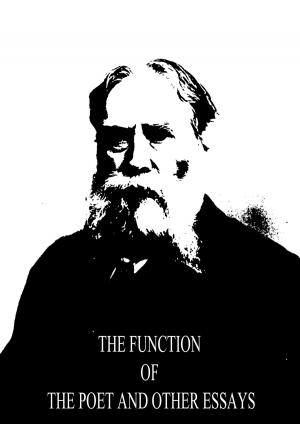

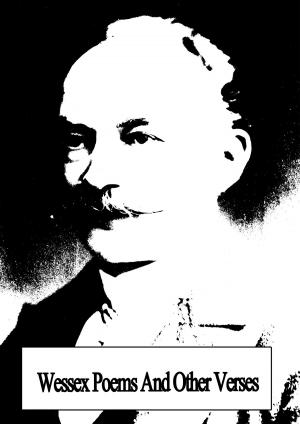

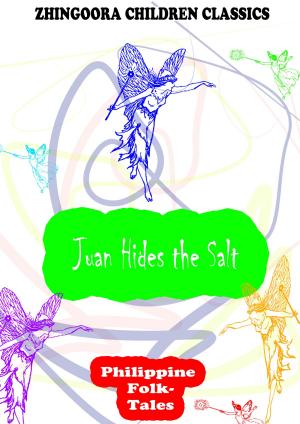
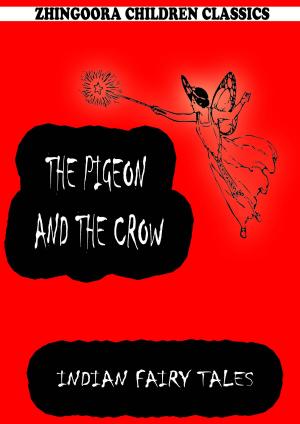

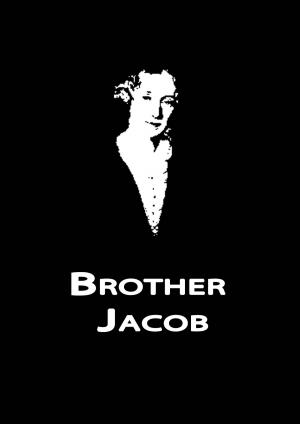

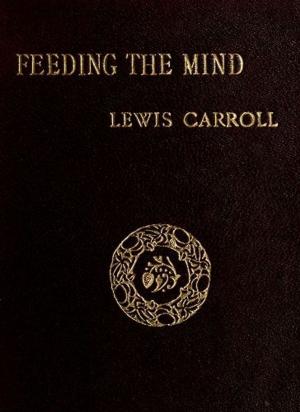
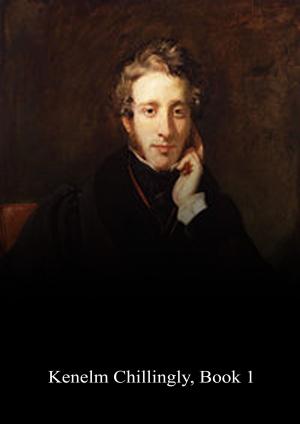
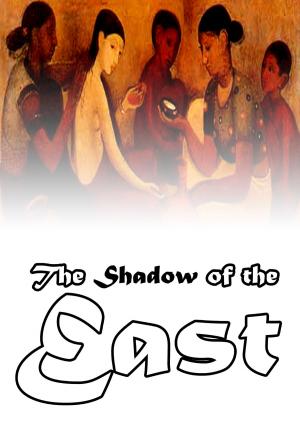
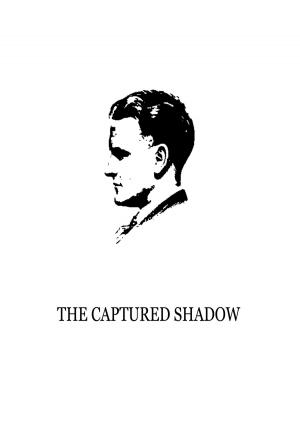
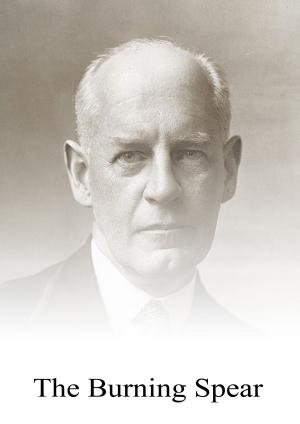
![Cover of the book His Discourses with Himself [Christmas Summary Classics] by John Hanning Speke](https://www.kuoky.com/images/2012/december/300x300/1230000036220-26gC_300x.jpg)